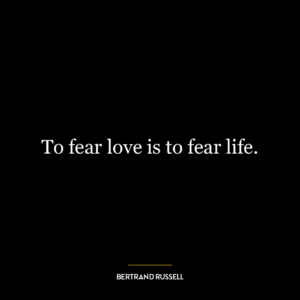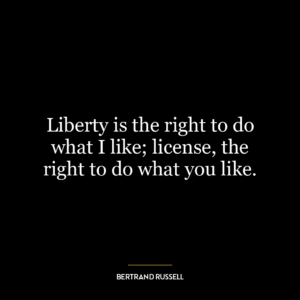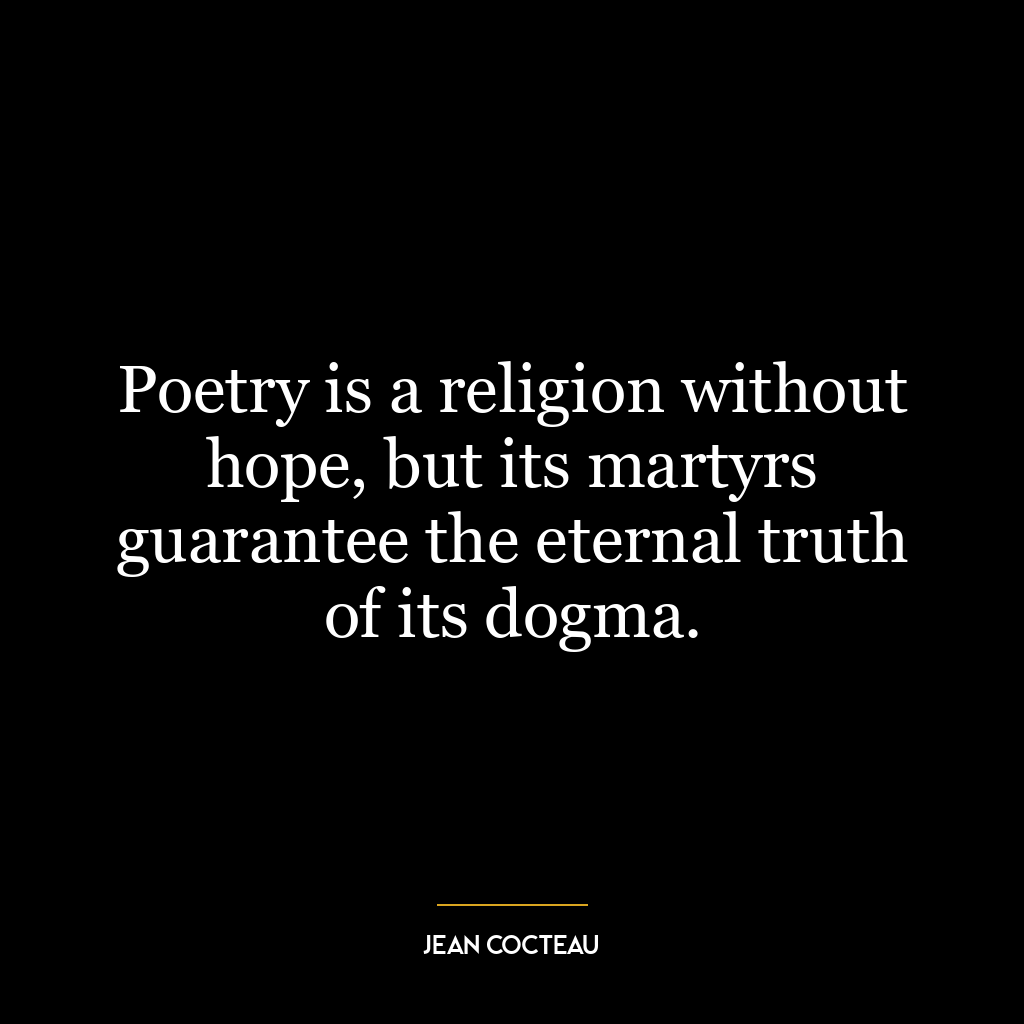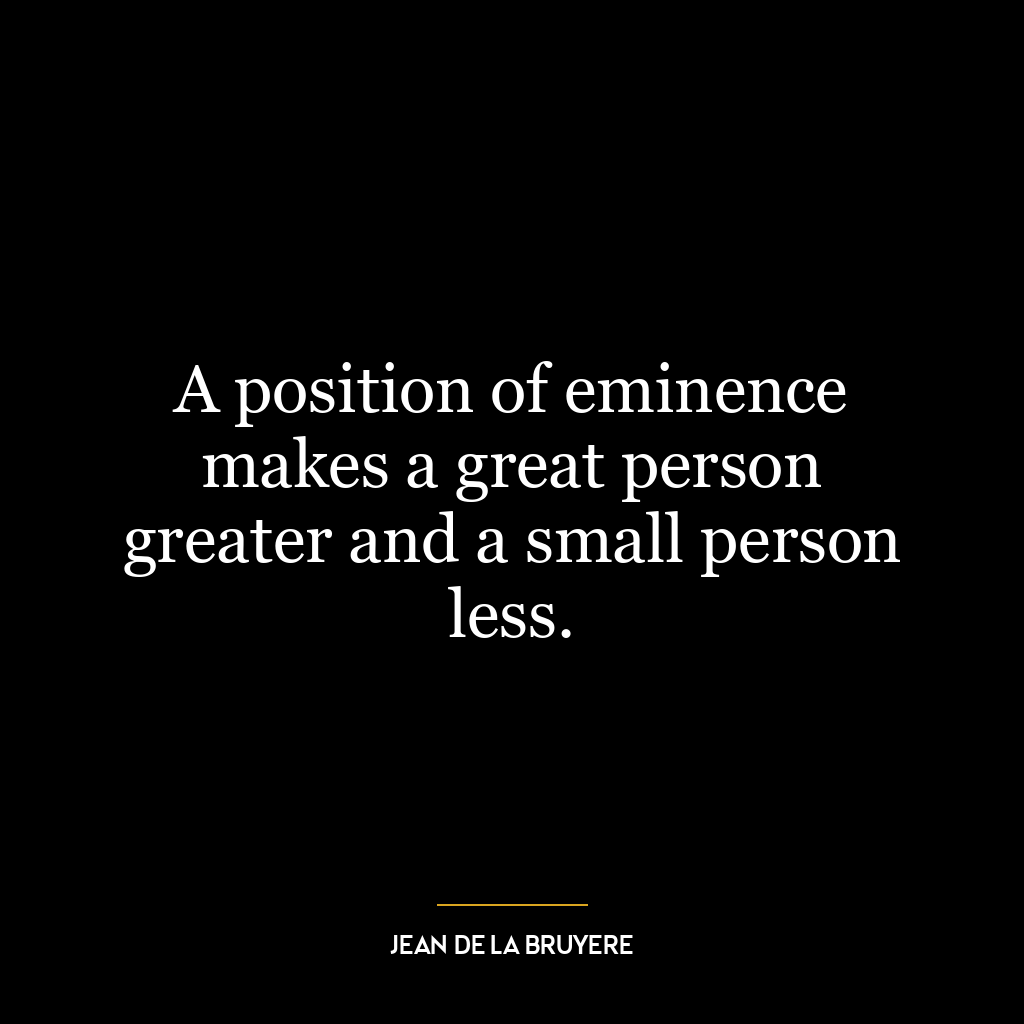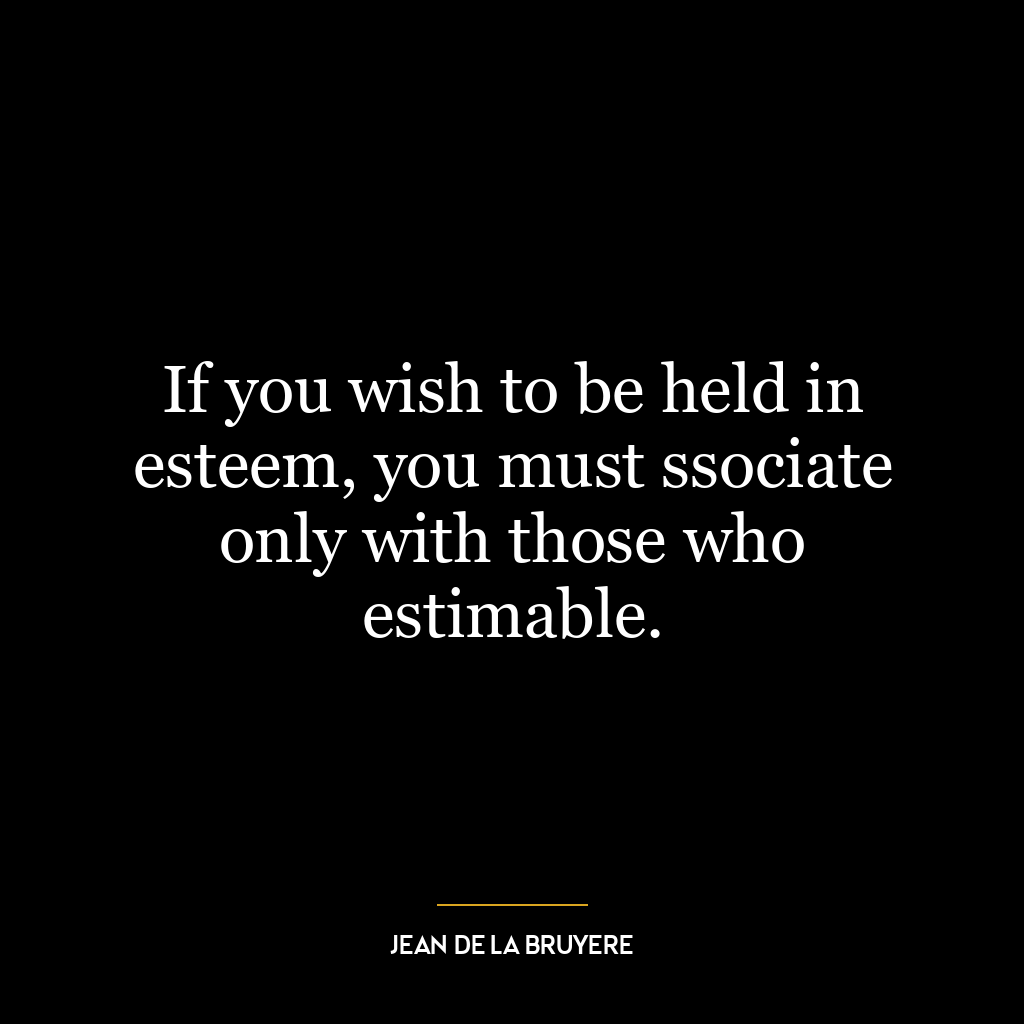This quote suggests that religions which significantly influence human behavior usually have an instinctive foundation. This means that they connect with some deep, primal instincts or needs in humans. These could be the need for security, the fear of death, the desire for community, or the search for meaning and purpose in life. Religions often offer answers to these fundamental human concerns, which is why they can have such a strong grip on people’s actions.
For example, the promise of an afterlife can alleviate the fear of death. The sense of community and belonging provided by a religious group can satisfy the need for social connection. The moral and ethical guidelines set by a religion can give a sense of order and purpose to life.
In today’s world, we can see this idea playing out in various ways. Despite the rise of secularism, religion still plays a significant role in many people’s lives. This is because it continues to fulfill some of these instinctive needs. For instance, in times of crisis or uncertainty, people often turn to religion for comfort and guidance.
In terms of personal development, this idea suggests that if you want to change your behavior or habits, it might be helpful to tap into these deep, instinctive needs. For example, if you’re trying to quit smoking, you could try to find a healthier way to deal with stress or boredom, which are often the underlying reasons why people smoke. Or if you’re trying to motivate yourself to exercise more, you could try to find a form of exercise that you genuinely enjoy, so it becomes less of a chore and more of a pleasure.
Overall, this quote highlights the power of instinctive needs in shaping human behavior, whether in the context of religion or personal development. It suggests that if we want to understand or change our actions, we need to look beneath the surface and address these underlying needs.




